The following article is shared by Dr. Hoang Ngoc Vinh, former Director of the Department of Vocational Education (Ministry of Education and Training), contributing to the draft Political Report submitted to the 14th National Party Congress.
This is not just a new slogan but a clearer reflection of strategic thinking: Education is seen as the foundation of sustainable development and national competitiveness.
The first highlight is the way education is placed in the overall national development. For the first time, education is directly linked to the pillars: Innovation, digital transformation, development of high-quality human resources and ensuring rapid, sustainable growth. This approach is different from the past, not separating education as a social field, but considering it as the central driving force of economic , scientific and technological development.
The report also points out the theoretical and practical bases for this orientation: The need to innovate the growth model, deep international integration, the 4.0 industrial revolution, and the long-standing shortcomings of the domestic education system such as lack of output standards, lack of openness and slow adaptation to the world. Pointing out these weaknesses is a straightforward step forward, helping to reposition the system's responsibilities.
A notable point is the inheritance and development of the idea of “open education” – which has been mentioned in previous Congresses, but is now placed in the new context of digital transformation and lifelong learning. If in the past “open education” mainly referred to connectivity and learning opportunities, it is now expanded into a flexible education, integrating digital technology, encouraging learning anytime, anywhere. This is a profound inheritance, demonstrating the “horizontal – vertical connectivity” thinking of the national education system.
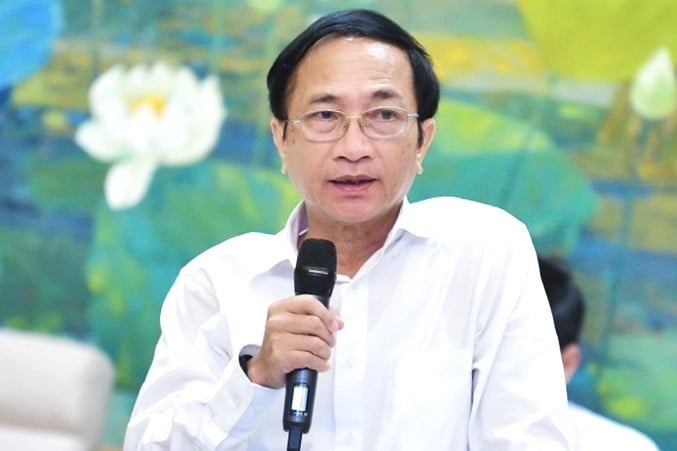
Other new points are also worth noting. For the first time, the report includes English as a second language, considers digital transformation and artificial intelligence as pillars of educational innovation, and mentions specific policies for talents, teachers and scientists. These contents reflect awareness of global trends, while emphasizing the role of humans – not only learners, but also teachers and educational leaders.
The concept of “modern national education”, in my opinion, can be understood in a broad and very encouraging sense. “Modernity” is not only about applying digital technology and artificial intelligence to teaching or management, but also about modernity in thinking, in system management, in human capacity for forecasting and adaptation. A modern education is an education that knows how to use technology as a means, but focuses on people – where learners are proactive, teachers are creative, and managers have strategic vision. It is this understanding that makes the concept of “modernity” profound and action-oriented, not just limited to technology or equipment.
In addition, the report should emphasize that “high-quality human resources” do not stop at initial training. In the context of increasingly rapid knowledge competition, if we only focus on the learning stage at school without a mechanism to encourage lifelong learning in enterprises and at the workplace, Vietnam will not be able to form a truly dynamic workforce. Human resource development policies need to be extended to the “post-training” stage, where workers can study regularly and continuously upgrade their skills – that is the key to maintaining national competitiveness in the digital age. Resolution 71 of the Politburo has provided guidance on forming a training fund at enterprises. The problem is how to act to have this fund and use it effectively.
It is also necessary to recognize that most of the Party's policies in education are in the right direction, but the problem lies in the implementation. Here, the capacity of the leadership and management staff at all levels is decisive. No matter how good a policy is, if the implementers lack vision, lack knowledge of educational administration or are afraid of innovation, it will be difficult to put it into practice. Therefore, in parallel with innovating programs, content, methods, and training teachers, it is necessary to innovate the thinking and capacity of educational leaders - from the central to local levels, from departments to principals. They must be people who understand the policy, are good at their profession, know how to mobilize social resources and dare to take responsibility. A modern education system can only be operated by lifelong learning managers, with innovative thinking and real action capacity.
Another point that should be further developed is the connection between education – science – business – labor market. The draft has stated “developing high-quality vocational schools on par with the region and the world,” but it would be better if it pointed out the mechanism orientation for the real participation of businesses so that the policy would be realized. It is the connection between schools and production, between training and human resource needs, that creates the real value of a modern education system.
At present, when the three draft laws amending and supplementing a number of articles of the Law on Education, the Law on Higher Education (amended), and the Law on Vocational Education (amended) are being prepared for passage, the key issue is to promptly institutionalize the new spirit of the Political Report. If the law does not "keep up" with the Party's strategic thinking, it will lead to a situation where "it has to be amended as soon as it is passed". Therefore, the drafting agencies need to focus on synchronization, connectivity and long-term vision - so that each law is truly a step to concretize the vision of the 14th Congress.
Overall, the education section in this draft Political Report clearly demonstrates a shift in thinking, from “education is the top national policy” to “education is national competitiveness”. The action-oriented nature is demonstrated through the emphasis on digital transformation, international integration, career streaming, talent policy and team capacity. However, for this vision to be truly sustainable, institutional synchronization, leadership capacity, and the spirit of daring to do and taking responsibility of the education management team are needed.
I believe that, with a new orientation and strong determination for innovation, Vietnam's national education can move to a more substantial stage of development - where each policy is accompanied by action and results. And I hope that at the end of the 14th Congress term, moving into the 15th Congress, we will not have to repeat the unfinished things, but will see the concrete results of today's steps.
Source: https://vietnamnet.vn/dinh-huong-moi-nen-giao-duc-co-the-buoc-sang-giai-doan-phat-trien-thuc-chat-hon-2456121.html








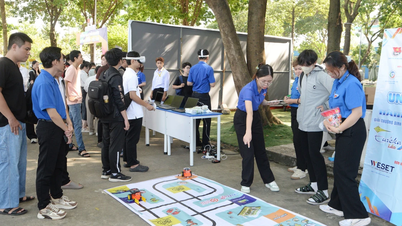

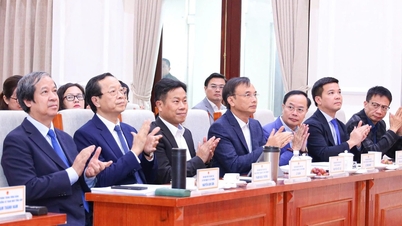

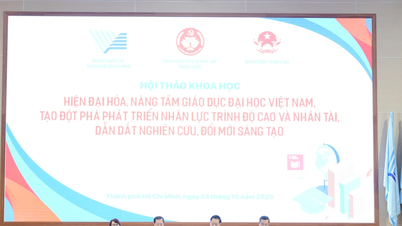
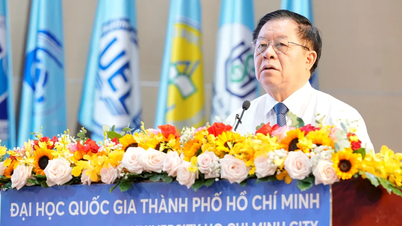

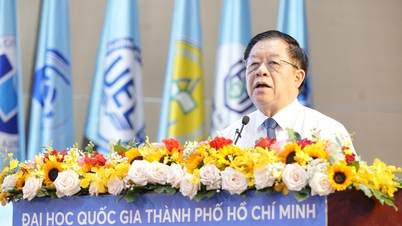
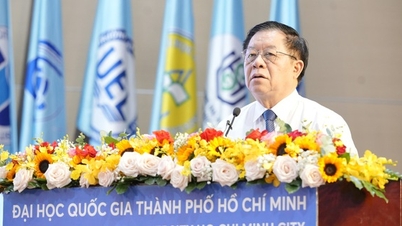

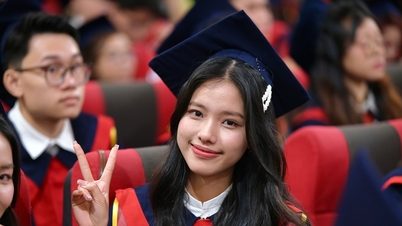


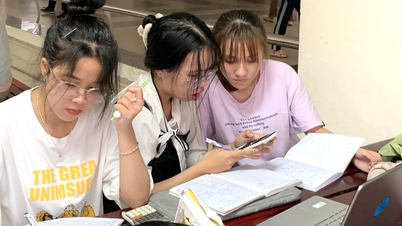

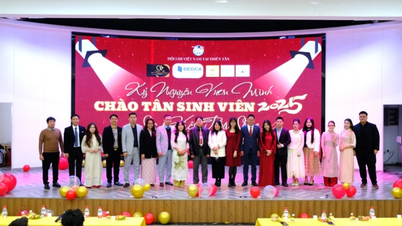
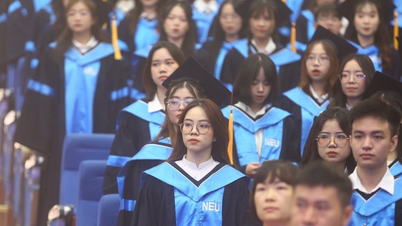





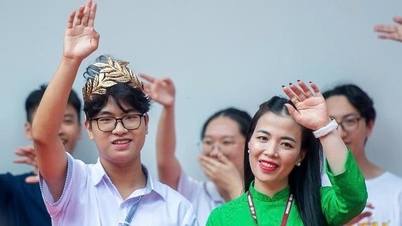

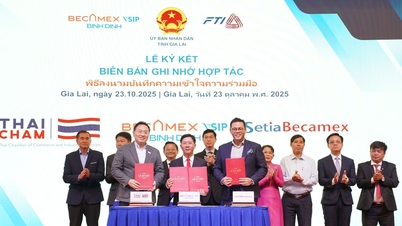
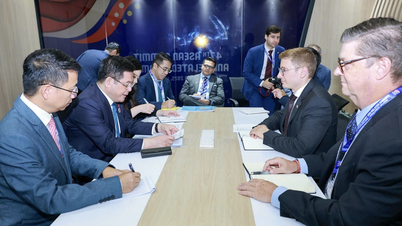

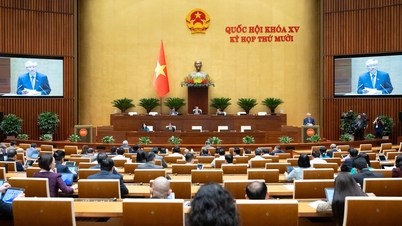










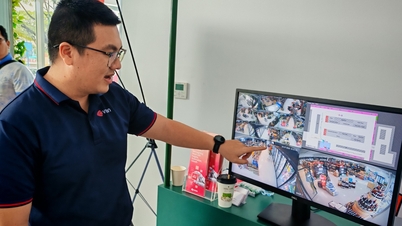









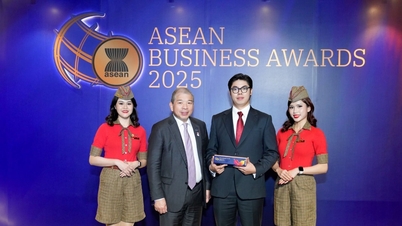











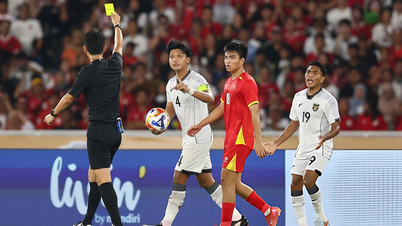
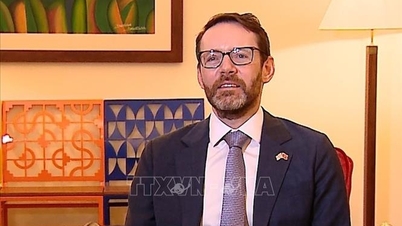







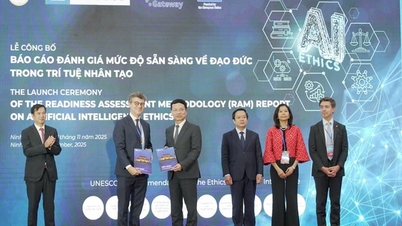


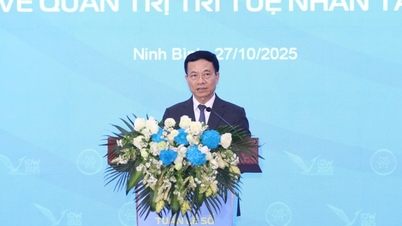
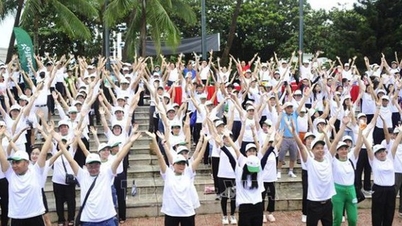









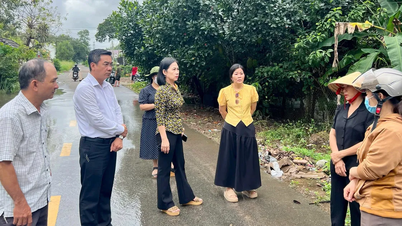















Comment (0)